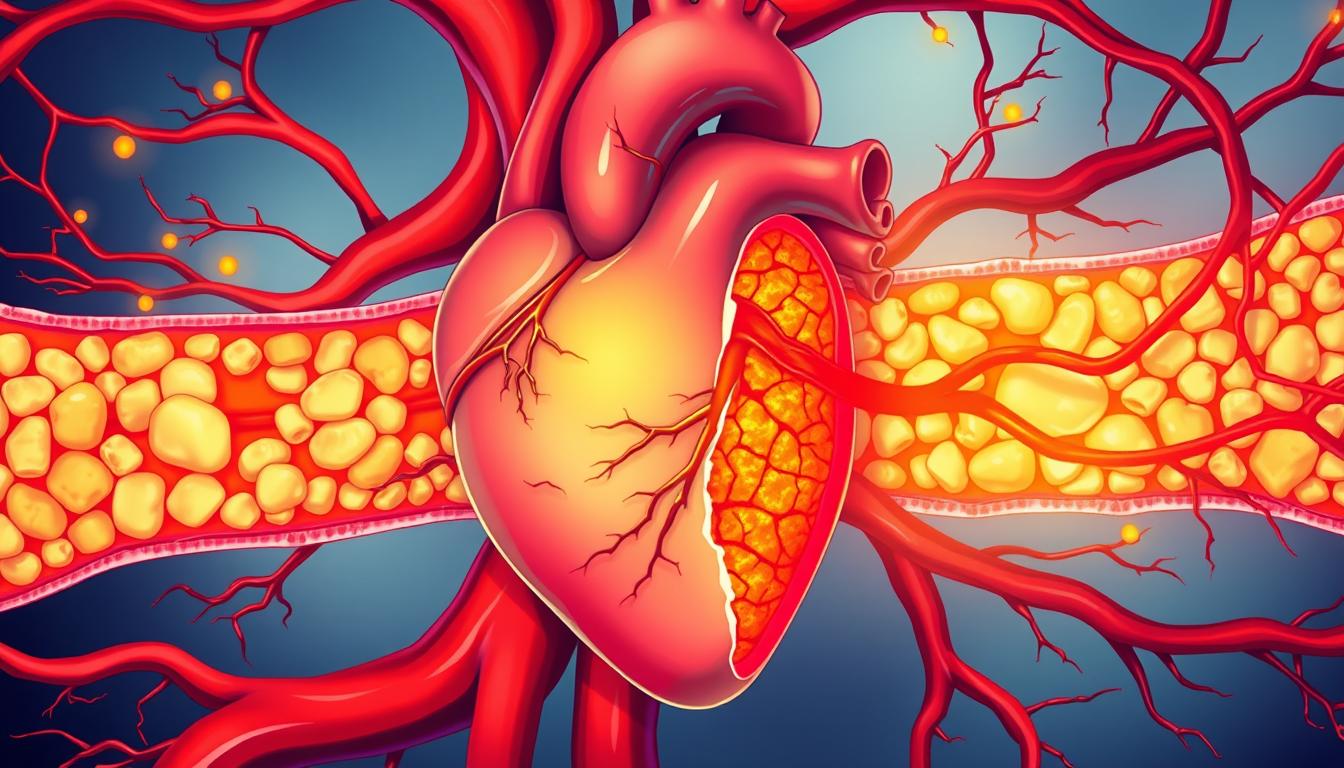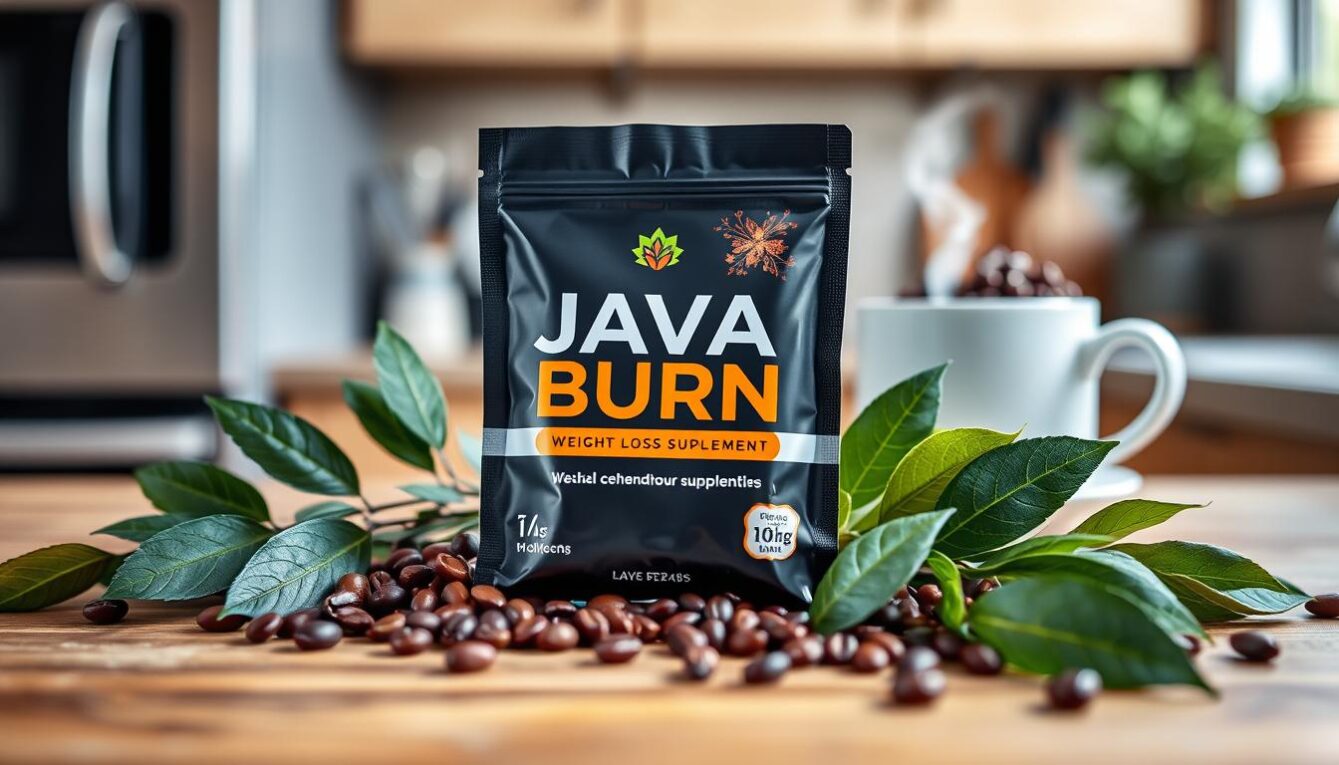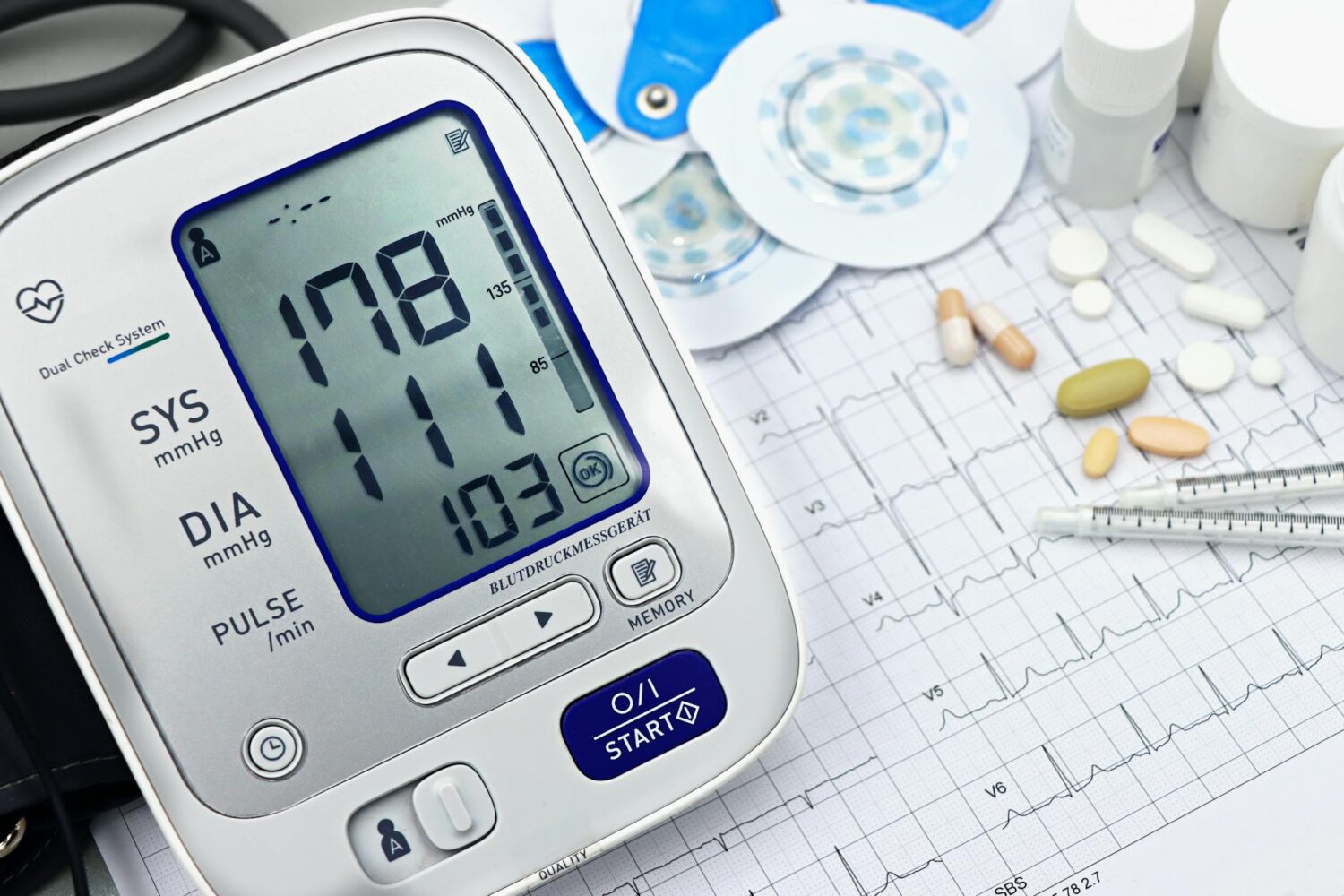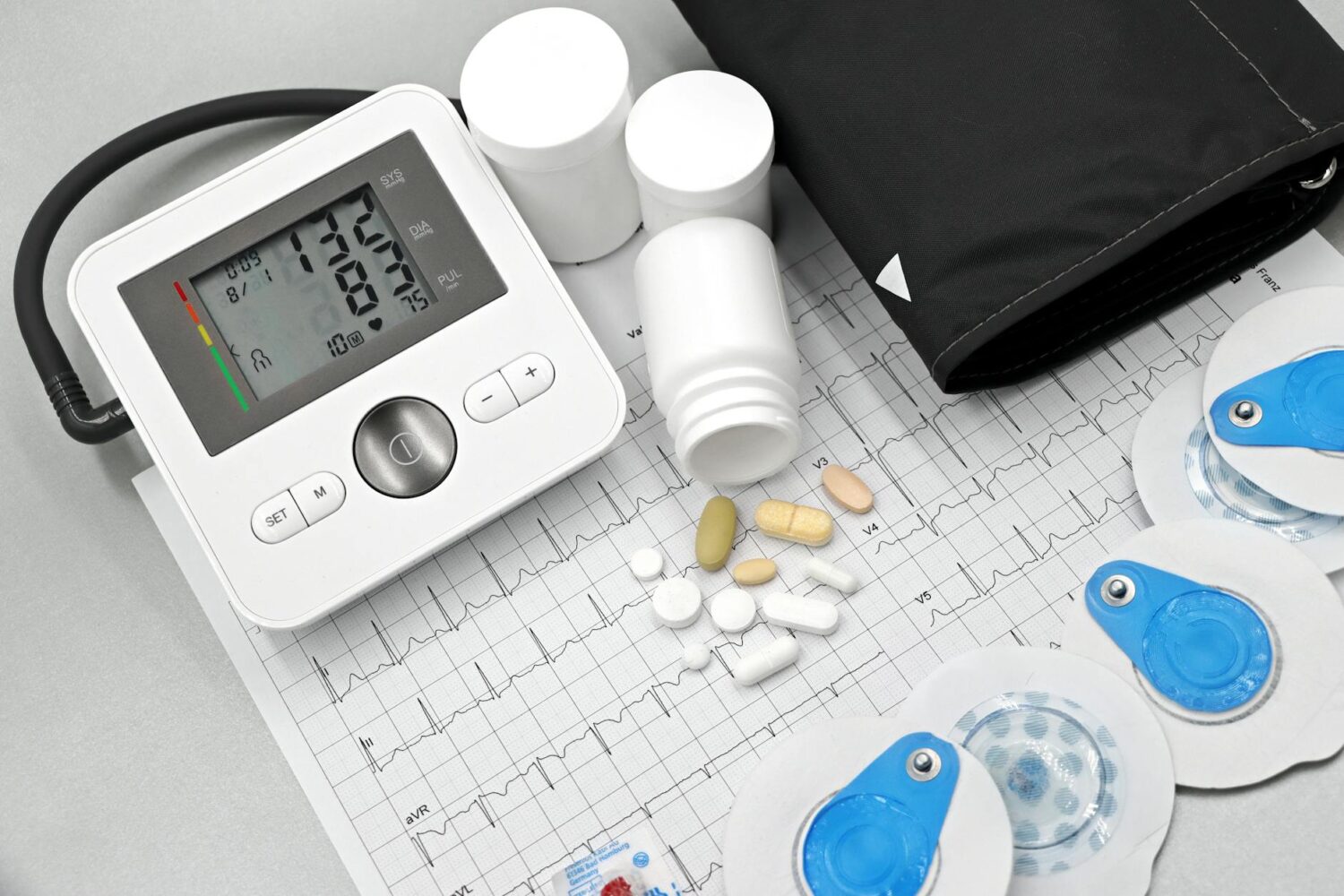High blood pressure, also known as hypertension, affects millions of people around the world. It’s important to know what causes it to manage and prevent it. We will look at the main reasons for high blood pressure, like unhealthy choices and family history.

Key Takeaways
- High blood pressure can be caused by a variety of factors, including unhealthy lifestyle choices and genetic predisposition.
- Unhealthy diet, lack of physical activity, and too much stress are common causes of high blood pressure.
- Family history and genes also play a big part in getting high blood pressure.
- Knowing why people get hypertension is key to managing and preventing it.
- Living a healthy life and dealing with risk factors can lower blood pressure and cut down on health problems.
What Causes High Blood Pressure?
High blood pressure, or hypertension, is a serious condition. It can lead to big health problems if not managed. Knowing what causes it helps us prevent and manage it better. Unhealthy lifestyle choices and genetics or family history are key factors.
Unhealthy Lifestyle Choices
An unhealthy diet with too much sodium, saturated fats, and processed foods raises high blood pressure risk. Not getting enough exercise also hurts by making the heart work harder.
Smoking and drinking too much alcohol are other bad habits. Smoking narrows blood vessels and makes the heart work too hard. Drinking too much alcohol can cause fluid retention and higher blood volume.
Genetic and Family History
Genetics and family history are big factors in getting high blood pressure. They affect how well the body controls blood pressure and can lead to conditions like kidney disease or hormonal issues.
If your family has high blood pressure, you’re more likely to get it too. You should watch your blood pressure closely and take steps to keep it healthy.
Knowing what causes high blood pressure helps us fight it. Regular health checks, a healthy lifestyle, and managing family history are key. These steps are important for keeping your heart healthy.
The Role of Diet in Hypertension
Studies show that an unhealthy diet is linked to high blood pressure. Knowing what foods cause this is key to managing and preventing it.
Sodium in food is a big problem for blood pressure. Too much sodium makes the body hold onto water, raising blood volume and pressure. Experts say to keep sodium intake under 2,300 milligrams a day, or about one teaspoon of salt.
High amounts of saturated and trans fats also raise blood pressure risks. These fats can clog arteries, making it harder for blood to flow and increasing pressure. Eating more unsaturated fats from avocados, nuts, and olive oil can help.
On the other hand, eating well can help control blood pressure. Foods like fruits, veggies, whole grains, and lean meats are good choices. The DASH diet is especially good for lowering blood pressure.
“A healthy diet is not about strict limitations, staying unrealistically thin, or depriving yourself of the foods you love. Rather, it’s about feeling great, having more energy, and keeping yourself as healthy as possible – the natural way.” – Unknown
Choosing to eat healthier can help prevent high blood pressure risks. Adding heart-healthy foods to your diet is a big step towards better health.

Lack of Physical Activity and Sedentary Behavior
Not moving enough and not doing enough exercise can lead to high blood pressure. This is known as hypertension. Not exercising enough can cause many health problems, including lack of exercise.
Incorporating Exercise into Daily Routine
To fight the bad effects of sitting too much, we need to move more every day. Here are some ways to do this:
- Take short breaks to walk or do light exercises at your desk.
- Make time for a 30-minute to 1-hour workout, like walking, jogging, or strength training.
- Use bikes or walk instead of driving or public transport when you can.
- Join in sports or fun activities you like, such as swimming, dancing, or team sports.
| Exercise Type | Benefits for Blood Pressure |
|---|---|
| Aerobic Exercise | Lowers blood pressure by improving heart health and increasing blood flow. |
| Resistance Training | Builds muscle and can help lower blood pressure levels. |
| Flexibility and Stretching | Makes you relax and can help control blood pressure. |
By making exercise a regular part of your day, you can help control and even stop high blood pressure. This is good for your heart health.

“Regular physical activity is one of the most effective ways to prevent and manage high blood pressure.”
Stress and Its Impact on Blood Pressure
Chronic stress can really affect your blood pressure. It makes your body release hormones like cortisol, which raises your blood pressure. This can lead to high blood pressure over time.
Effective Stress Management Techniques
There are ways to manage stress and keep your blood pressure healthy. Techniques like deep breathing, meditation, or yoga can help. Also, changing your lifestyle to include regular exercise, a healthy diet, and enough sleep can help.
By tackling stress at its source and using effective strategies, you can keep your blood pressure in check. A positive outlook and getting help from doctors or family can also help. This can lead to better stress management and overall health.
FAQ
What causes high blood pressure?
High blood pressure, or hypertension, comes from many things. This includes unhealthy lifestyle choices, genes, and getting older. Eating badly, not moving enough, and too much stress can all raise your blood pressure.
How does diet affect blood pressure?
Eating too much sodium, unhealthy fats, and processed foods can raise your blood pressure risk. But, eating fruits, veggies, and whole grains can help keep your blood pressure in check.
Can a lack of physical activity lead to high blood pressure?
Yes, sitting too much and not moving can lead to high blood pressure. Adding exercise like walking, swimming, or lifting weights can help lower your blood pressure and boost your heart health.
How does stress affect blood pressure?
Stress can really affect your blood pressure. It can make your body think you need to fight or run away, raising your blood pressure. Over time, this can lead to high blood pressure. Using stress-reducing activities like deep breathing or yoga can help control your blood pressure.
Are there genetic or family-related factors that can cause high blood pressure?
Yes, your genes and family history can affect your blood pressure. If your relatives have high blood pressure, you might too. Knowing about these risks can help you manage and prevent high blood pressure.












